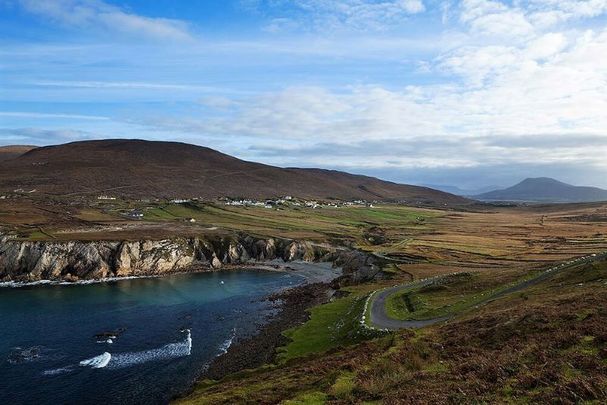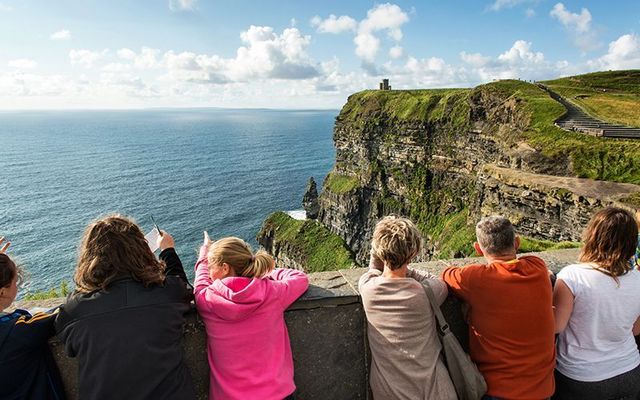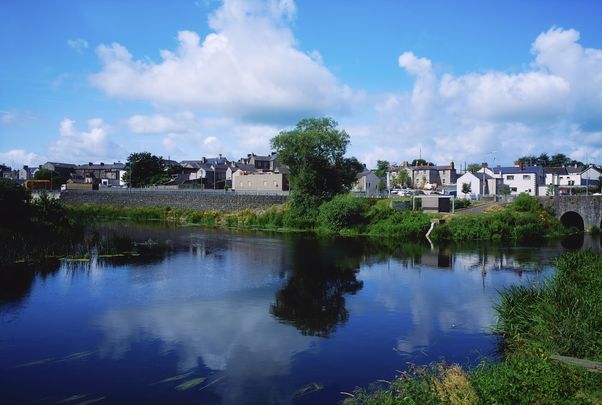Friday, August 23, 2024 In a recent development that underscores rising anti-tourism sentiments in southern Spain, a group of British tourists experienced an unsettling incident in Sevilla . This occurred when a local resident reportedly doused them with water from a balcony on Calle Lope de Rueda. The incident, described by the group’s tour guide, Mercedes Miguez, has further fueled concerns about ‘turismofobia’—a term used to denote growing resentment towards tourists.
The affected group, which included around 20 cruisers, had docked in Cadiz and was on a day trip to Sevilla. They had just entered the bustling Santa Cruz neighborhood when the incident occurred. Miguez relayed that the sudden attack left a teenage girl and her parents drenched, with the mother reportedly in tears and deciding to leave immediately.

The Broader Context of Anti-Tourism Sentiments Miguez’s account highlights that this incident is part of a larger pattern of anti-tourism behavior that has reportedly intensified since the pandemic. The guide mentioned that local tourism police and the town hall were promptly involved, and similar incidents had been shared among her colleagues. These experiences are contributing to a growing narrative about the increasing hostility faced by tourists in certain parts of Spain.
Local Response and Industry Impact The reaction from local authorities and tourism professionals indicates a serious concern about the potential impact of such incidents on the tourism sector. The guide noted that the hotel across from the incident site confirmed that such behavior was not isolated. Although the incident did not stop the tour, it significantly marred the experience for the visitors.
The presence of hostile interactions, including physical confrontations and verbal abuse, is also reported by other guides in the area. Proposed Solutions and Recommendations In response to these challenges, Miguez has suggested several measures that could mitigate tensions between tourists and locals. She proposed reconsidering the timing of neighborhood tours, limiting group sizes for official tours, and encouraging the use of headphones to minimize noise.
These suggestions align with broader recommendations from local political groups, including PSOE, which advocate for better management of tourist activities to prevent overcrowding and disturbances. While these proposals reflect an understanding of the locals’ frustrations, they also highlight the need for a balanced approach that maintains the appeal of the destination without compromising residents’ quality of life. However, the official adoption of these practices remains uncertain.
Potential Impact on the Travel Industry This evolving situation could have significant ramifications for the travel industry. The persistence of anti-tourism sentiments may deter potential visitors, affecting local economies that heavily rely on tourism revenue. Negative experiences, as exemplified by the recent incident in Sevilla, can damage a destination’s reputation and influence tourists’ travel choices.
Travel agencies, tour operators, and local businesses may need to adapt to these new challenges by implementing more sensitive and responsive tourism practices. Ensuring the safety and comfort of visitors, while respecting the concerns of local communities, will be crucial for maintaining positive relations and sustaining tourism flows. Future Outlook As the tourism industry navigates these complexities, a cooperative approach involving both local residents and tourism professionals will be essential.
Addressing the underlying issues that contribute to ‘turismofobia’—such as overcrowding and noise pollution—could help in fostering a more harmonious environment for both tourists and locals. If these issues are not adequately addressed, the risk of further anti-tourism incidents could potentially lead to a decline in tourism, thereby impacting the local economy and altering travel dynamics in southern Spain. The travel industry must remain vigilant and proactive in responding to these challenges to ensure a balanced and positive experience for all stakeholders involved.
.



















